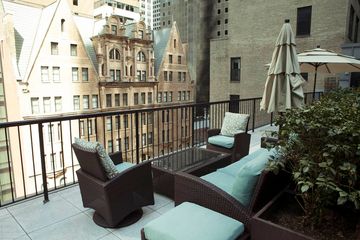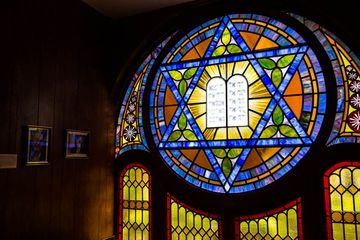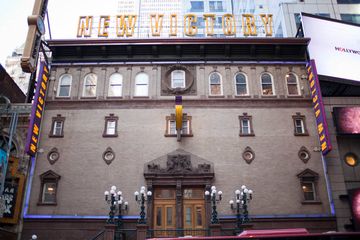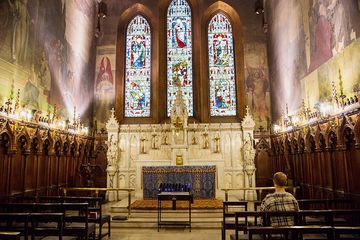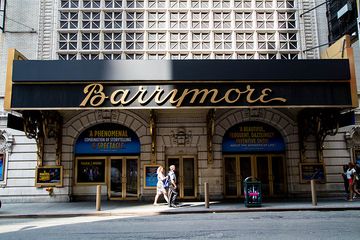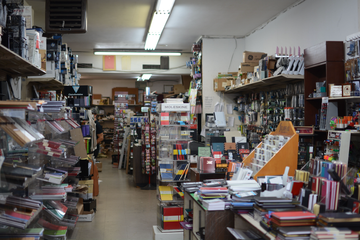Though it has changed functions a couple of times over the years – once a theater and then a restaurant – the Edison Ballroom started as an event space and has come full circle to its original use. It is now a venue for a range of affairs and carries on the feeling of Old New York that the Hotel Edison emanates.
During its time as the Edison Theatre, it showed the long-running Oh! Calcutta! by Kenneth Tynan and enjoyed relative success before becoming the Supper Room, where guests could dine and dance. The Supper Room remained until 2001 when it was closed and subsequently renovated to become the Edison Ballroom, harkening back to the hotel’s rich heritage and reputation as a popular gathering spot for Manhattan’s elite. Since then, many organizations, magazines, and celebrities have hosted parties in the ballroom, showing that its appeal is nothing short of timeless.
